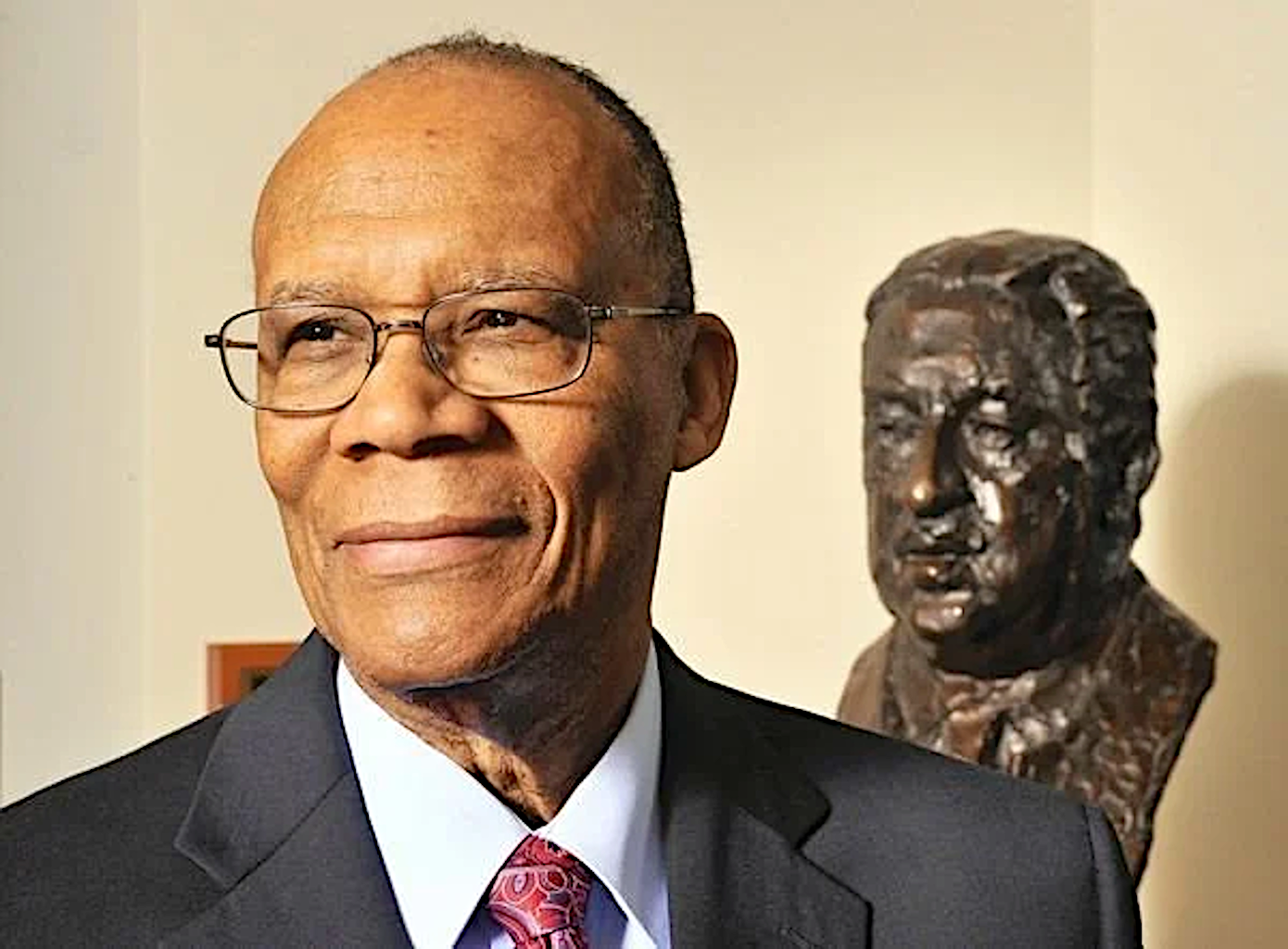Charles Hamilton Houston was a towering figure in the American legal landscape, known for his instrumental role in dismantling racial segregation in the United States. Born on September 3, 1895, in Washington, D.C., Houston was raised in a family deeply committed to education and social justice. His father, William Le Pre Houston, was a lawyer, and his mother, Mary Hamilton Houston, was a teacher.
From a young age, Houston displayed exceptional intellect and a fierce determination to challenge racial injustice. He attended segregated schools in Washington, where he excelled academically. In 1911, he enrolled at Amherst College, becoming one of only a handful of African American students at the institution. Despite facing discrimination and isolation, Houston graduated Phi Beta Kappa in 1915, distinguishing himself as one of the top students in his class.
Without education, there is no hope for our people and without hope, our future is lost
Charles Hamilton Houston
After completing his undergraduate studies, Houston served in the U.S. Army during World War I. Upon his return, he pursued his legal education at Harvard Law School, where he again encountered racial prejudice. Despite these obstacles, he graduated cum laude in 1922, becoming one of the few African Americans to earn a law degree from Harvard at the time.
Following law school, Houston briefly worked in private practice before joining the faculty at Howard University School of Law in 1924. It was at Howard that Houston began to hone his skills as a legal strategist and advocate for civil rights. He believed fervently in the power of the law to effect social change and dedicated himself to training a new generation of African American lawyers.
In 1935, Houston was appointed Vice Dean of Howard Law School, where he played a pivotal role in transforming it into a leading institution for legal education. He emphasized rigorous scholarship and practical training, instilling in his students a commitment to using the law as a tool for justice.
A lawyer’s either a social engineer or … a parasite on society …
Charles Hamilton Houston
A social engineer [is] a highly skilled, perceptive, sensitive lawyer
who [understands] the Constitution of the United States and [knows]
how to explore its uses in the solving of problems of local communities
and in bettering conditions of the underprivileged citizens.
Houston’s most enduring legacy, however, lies in his work as a litigator and legal theorist. As a special counsel for the NAACP, he orchestrated a series of legal challenges to segregation, laying the groundwork for the eventual demise of Jim Crow laws. Houston’s strategic brilliance and meticulous preparation were evident in cases such as Missouri ex rel. Gaines v. Canada (1938), which challenged the “separate but equal” doctrine in higher education, and Smith v. Allwright (1944), which struck down the white primary system in Texas.
Perhaps Houston’s most famous protégé was Thurgood Marshall, who would later become the first African American Supreme Court Justice. Houston mentored Marshall and other young lawyers, imparting his wisdom and instilling in them a sense of purpose and determination.
Tragically, Houston’s life was cut short when he died of a heart attack on April 22, 1950, at the age of 54. Yet his impact on American jurisprudence endures to this day. His strategic vision, legal acumen, and unwavering commitment to justice laid the groundwork for the Civil Rights Movement and continue to inspire generations of lawyers and activists fighting for equality and justice. Charles Hamilton Houston’s life stands as a testament to the power of intellect, courage, and determination in the pursuit of justice.
